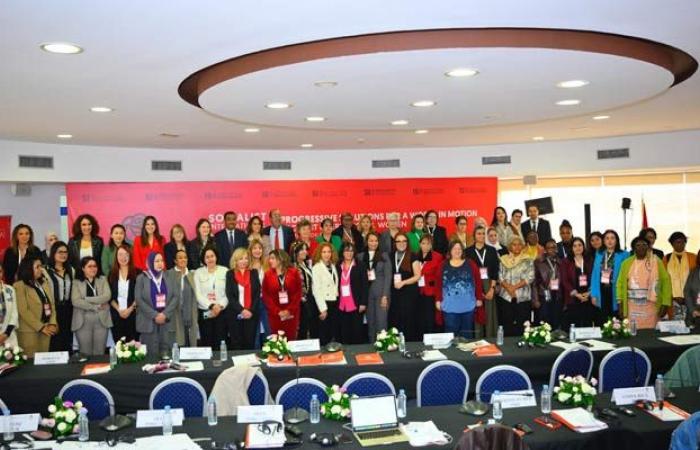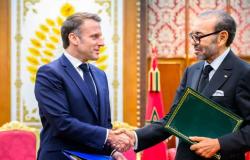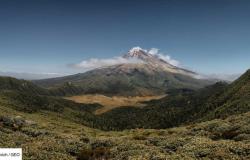Rabat hosted three major meetings of the Socialist International this week: the meeting of the Africa Committee, that of the Socialist International of Women and the meeting of the presidency. These events illustrate not only the leading role that Morocco plays within this world organization, but also the international recognition enjoyed by the Socialist Union of Popular Forces (USFP).
The organization of these meetings on Moroccan soil testifies to the importance that the Socialist International attaches to the Kingdom. According to Moussaoui Ajlaoui, an international relations expert and researcher at the Africa-Middle East Center, this interest reflects both Morocco’s high-ranking reputation and the central role that the USFP plays there.
Moussaoui Ajlaoui
By working to consolidate the links between
African progressive parties,
the Rose Party positions itself as
a vector of regional and international integration
Since joining this structure, the USFP has established itself as a pillar in the defense of major national and international causes. At the top of these commitments is the question of the Moroccan Sahara, an issue that the party defends with constancy and effectiveness in the forums of the Socialist International. But that’s not all: the USFP also acts in favor of social justice and democracy on the African continent, thus consolidating its image as a progressive actor in the service of universal values.
The discussions at the heart of these meetings highlighted the colossal challenges facing the African continent: political instability, social inequalities and growing environmental challenges. Moussaoui Ajlaoui underlines that the work focused on a precise diagnosis of the problems, with the aim of proposing concrete and applicable solutions.
The Socialist International, through its African Commission, strives to coordinate the efforts of member parties to promote sustainable development policies, strengthen democratic systems and guarantee human rights. This approach, anchored in a perspective of regional solidarity, aims to establish a harmonized framework to respond to the social and political crises which are weakening the continent.
A trusted partner, the USFP is not limited to hosting large-scale events. The party occupies leadership positions within the bodies of the Socialist International and its initiatives play a determining role in decision-making. By working to strengthen ties between progressive African parties and supporting common projects, the USFP positions itself as a vector of regional and international integration.
Its ability to bring together experts, decision-makers and activists around crucial subjects, such as the empowerment of women in the Arab world or the implementation of the Beijing+30 commitments, testifies to its ambitious vision for a more just and inclusive.
The work of these meetings, which extend over five days, will culminate with a final communiqué summarizing the key recommendations. These conclusions, enriched by the debates and workshops, aim to propose innovative strategies to strengthen security and meet continental challenges.
The speakers, from various backgrounds, will make significant contributions, consolidating Morocco’s role as a platform for exchange and reflection for Africa and beyond.
Let us remember that the Socialist International is not just a space for dialogue: it is a global organization which brings together parties committed to social justice, democracy and sustainable development. The African Commission, in particular, plays a key role in coordinating common positions and supporting democratic transitions across the continent.
By hosting these meetings, Morocco is strengthening its status as a strategic hub for major international causes, while consolidating its partnership with progressive forces around the world. Thus, the Socialist Union of Popular Forces, through its vision and commitment, embodies a solid bridge between Africa, the Arab world and the entire international community, testifying to partisan diplomacy in the service of human values.
M.O






